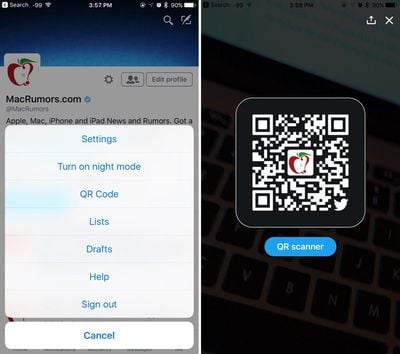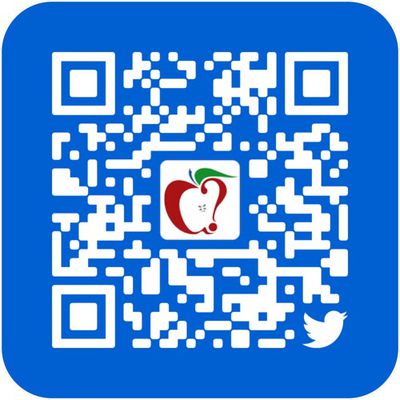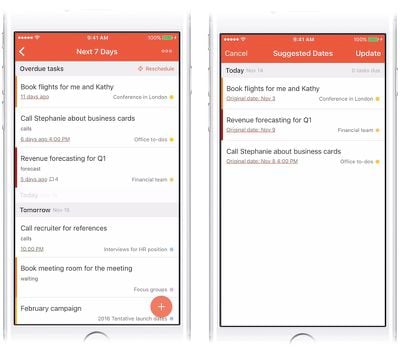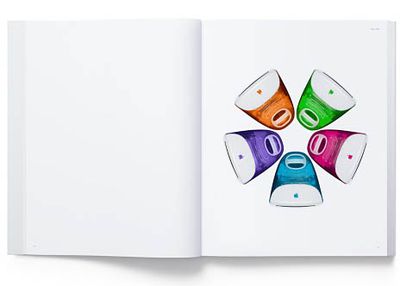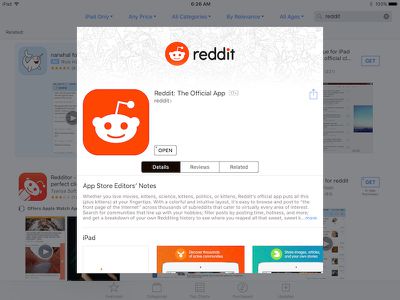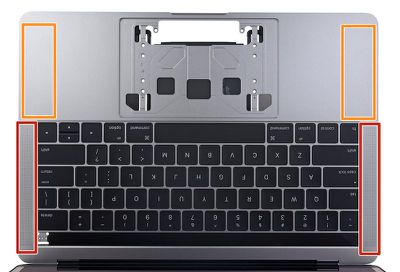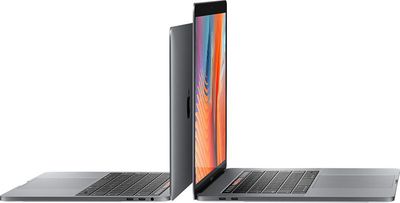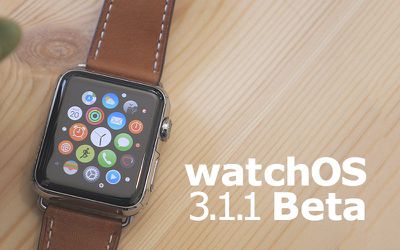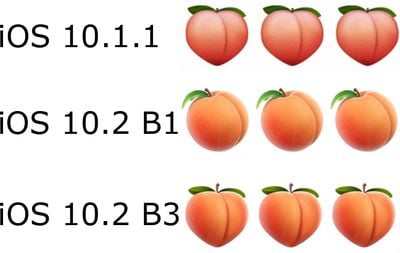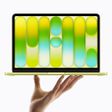To appease video content makers and lure new video services to the App Store, Apple plans to cut the fees it charges streaming video apps, reports Bloomberg.
Apple normally takes a 30 percent cut of all App Store app purchases and subscriptions, but for subscription-based streaming video apps like Netflix and Hulu, Apple plans to cut its fee to 15 percent. Apple has already reduced the fees for some of its video partners, and will soon extend the 15 percent rate to all subscription video services that are integrated with the company's upcoming TV app.
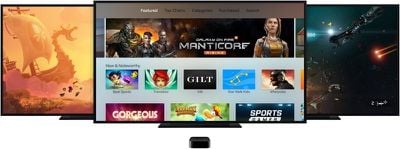
Apple's hefty cut of sales made via its App Store has long angered partners, some of whom have accused the technology giant of anti-competitive behavior. The concessions speak to the growing importance of video to Apple, which next month will introduce a new app devoted to TV shows and movies.
For non-video subscription apps, Apple will continue to charge 30 percent, but will reduce that amount to 15 percent after an Apple customer has been subscribed to the service for a year, a change that was announced earlier this year.
Fee reduction rumors come as Apple is preparing to launch the aforementioned TV app, which will be available on both the fourth-generation Apple TV and iOS devices. Currently in beta testing, the TV app is designed to make it easier for users to find content to watch across multiple apps.
Because TV app is reliant on third-party content providers, it is in Apple's best interest to lure as many content providers to its platform as possible for the best user experience.


